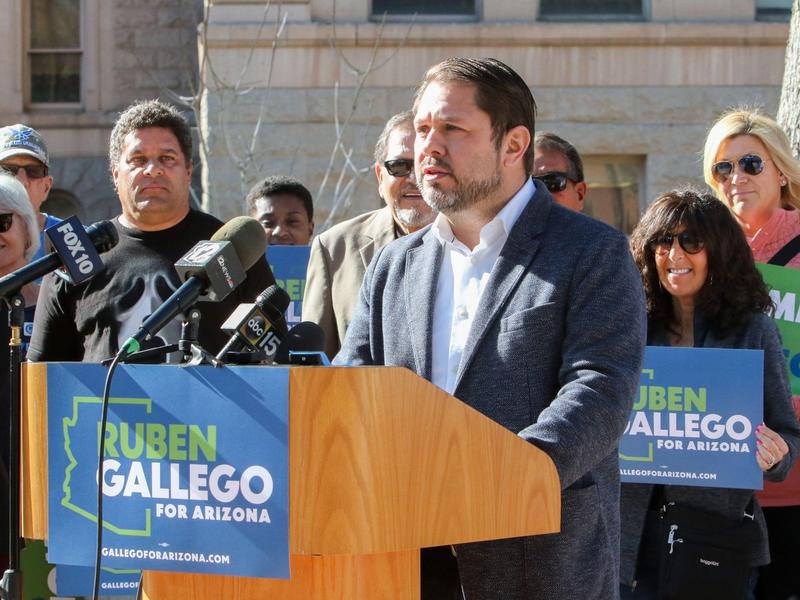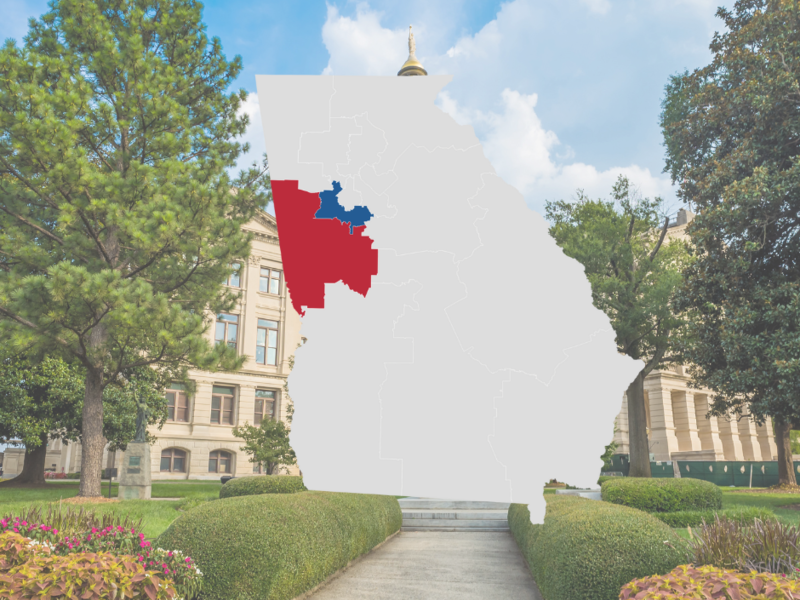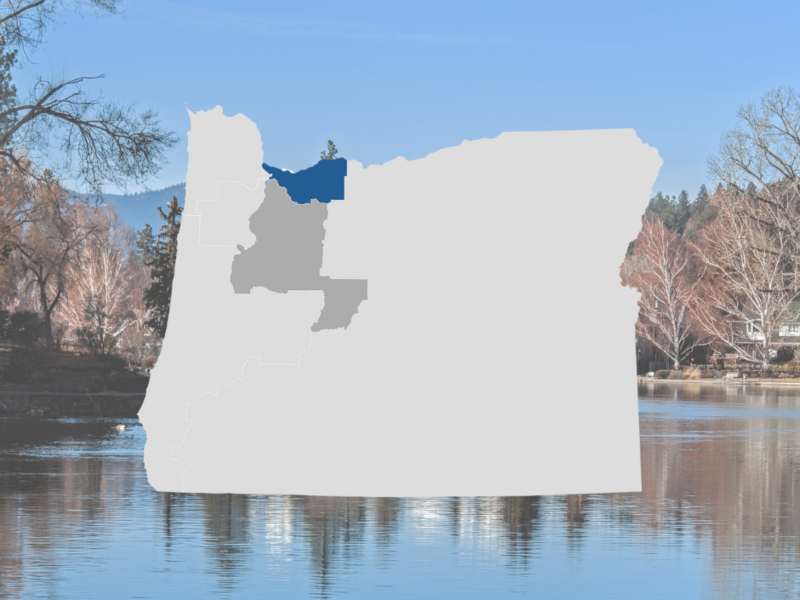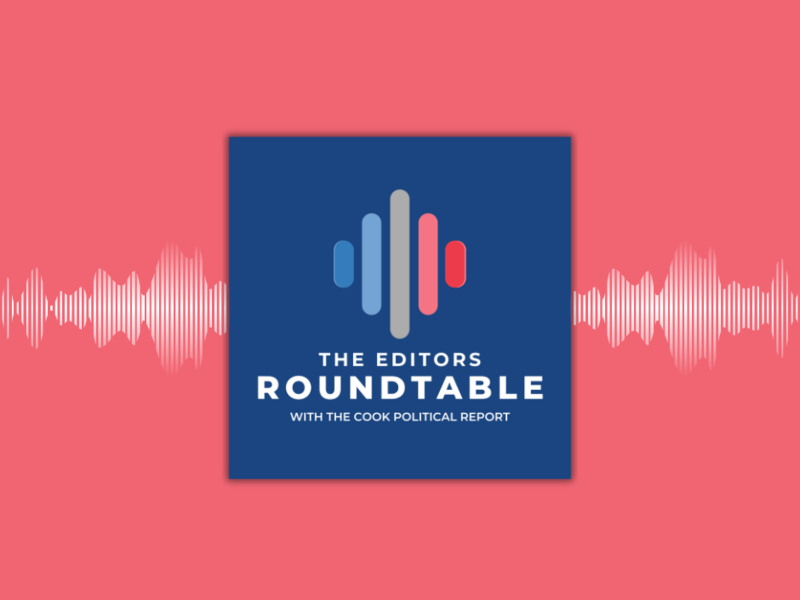
It's been said that Federal Reserve Chairman Alan Greenspan is the most important member of President Clinton's legal defense team — a joke that's not entirely off the mark. There is no question that voters are much more tolerant of an elected official's shortcomings during good economic times than they are during bad ones. That's why the spate of troubling economic statistics and the recent drops in the Dow Jones industrial average must have sent shivers down the presidential spine: Was history about to repeat itself? Democrats have been whistling past the graveyard for a year and a half now.
First, there is the historical fact that the president's party has suffered losses in every post-Civil War midterm election except 1934, when Franklin Roosevelt's Democrats escaped the trend. (In 1902, the total number of seats in the House was increased and both parties gained seats, but the out party gained more, so the president's party still lost seats, relatively speaking.)
Then there is the pattern of bad things happening to political parties during their sixth year of holding the White House. Political theorist Kevin Phillips has dubbed this propensity "the sixth-year itch." Besides such political scandals as Sherman Adams (1958) and Watergate (1974) and such unpopular wars as the one against Vietnam (1966), there is an unmistakable pattern of economic calamities that plague the nation during these sixth years of presidential administrations. In 1938, the nation was in the throes of the Great Depression. Though Roosevelt and Democrats had escaped the midterm election plague in 1934, the sixth-year itch hit them with full force: They lost 71 of their 331 House seats and six Senate seats.
The next "itch election" was in 1958, a year that featured a recession, compounded by influence-peddling charges against one of President Eisenhower's top aides, Sherman Adams, who was forced to resign only days after Eisenhower proclaimed his administration "cleaner than a hound's tooth." There were also tensions involving communist China and the Taiwan-held islands of Quemoy and Matsu. Republicans lost 48 House seats and 13 Senate seats.
The itch in 1966 was a bout of extremely high inflation, triggered by the Vietnam War's overheating of the economy. Having gained 37 seats in the preceding election — the Lyndon Johnson-Barry Goldwater landslide — Democrats lost 47 House seats and four Senate seats.
Eight years later, the Watergate scandal coincided with yet another recession, spanning 1973 and 1974, sparked by the Arab oil embargo. With oil prices soaring from $2 a barrel to $9, interest rates jumping and consumer confidence plummeting, the total value of the stock market dropped by 40 percent. Republicans this time lost 48 House seats and five Senate seats.
It was 12 more years before either party again faced a sixth year in the White House. President Reagan had a reasonably good economy, no major scandals (Iran-Contra broke only days after the election) and no big foreign policy problems. Some point to the GOP's eight-seat Senate loss and proclaim this another sixth-year itch election. A stronger case can be made that it truly wasn't one — that the House elections, which are much more sensitive to political and economic winds, reflected only a five-seat loss for the Republicans, and that the big Senate losses were really a correction from six years earlier, when several extremely weak Republicans came to Washington in the 1980 Reagan landslide that helped the GOP pick up 12 Senate seats. Some of the freshmen were simply too weak to survive a level-playing-field election.
This year's election also has looked to be an exception to the rule. House Democrats, after suffering a 52-seat loss in 1994, picked up only nine seats in 1996. As a result, they enter the 1998 election with their second-lowest number of seats in 42 years. In other words, they do not have an inordinate number of endangered seats, in sharp contrast with many other itch elections. And, by this time of the year, a party that is going to get demolished in an election usually has already received plenty of danger signals. (In 1994, things were already looking bad for Democrats in early August, and the bottom fell out later in the month with the debacle over the crime bill.) Right now, no trend in favor of either party is discernable.
Though President Clinton and his administration have been the subject of a myriad of ethics charges and independent counsel investigations, the anti-Clinton ranks haven't climbed much beyond their usual one-quarter to one-third of the population. Clinton's job-approval ratings still range from 60 percent to 68 percent. The longest peacetime period of economic growth since the end of World War II seems so far to have effectively inoculated Democrats. While many foreign policy experts bitterly complain about the Clinton team, the public appears satisfied. The world, generally speaking, is fairly peaceful these days.
What could alter the equation is the economy. The Commerce Department last month released one report indicating that business inventories had unexpectedly fallen, suggesting a rather dramatic slowdown in the economy. Another showed industrial production falling 0.6 percent, even after automobile and truck production, hurt by the strike against General Motors, was factored out. A third Commerce report showed that the nation's trade deficit hit a record level for the fourth consecutive month. Another report showed very modest growth, in contrast to the first-quarter pace of 5.4 percent growth in real gross domestic product.
Then a three-month decline in the stock market, leading to the 299-point decline on Aug. 4 and the 112-point decline on Aug. 11, shook public nerves in a way that the previous economic reports had failed to do.
This raised the question of whom the public would blame if the economy did go into a tailspin. In the past, presidents' parties have taken the hit for economic downturns. It comes with the job. A president gets the credit when the economy is good, the blame when it's bad. But with the public keenly aware of our divided government, and with the Asian economic flu triggering much of the problem, it's not certain that Clinton will be blamed. A July 27-Aug. 2 national survey by the Republican polling firm of Market Strategies found that 29 percent of Americans would most likely blame President Clinton and the Democrats for an economic downturn, 26 percent would blame Republicans, while 12 percent volunteered "both" and 21 percent volunteered "neither." Though it's impossible to accurately forecast how voters will respond to a hypothetical event, analysts at Market Strategies speculate that the public is just as willing to blame Republicans as to blame Clinton and the Democrats.
From the standpoint of President Clinton's political health, however, it isn't just a matter of who gets the blame for an economic downturn. Should the economy slow down, willAmericans still choose to look the other way regarding the Monica Lewinsky controversy? What will they do if he acknowledges the sorts of moral lapses and untruths that have ended many a political career?
A strong economy is Clinton's immune system, allowing him to fend off trouble. So although the spotlight is on Monica, keep an eye on the Dow.
Trendlines
Recent history shows that if a party holds the presidency for a sixth year, it suffers losses in that year's congressional elections. A look at the pattern:
Year | Party | House | Senate |
1938 | Democrat | -71 | -6 |
1958 | Republican | -48 | -13 |
1966 | Democrat | -47 | -4 |
1974 | Republican | -48 | -5 |
1986 | Republican | -5 | -8 |










Subscribe Today
Our subscribers have first access to individual race pages for each House, Senate and Governors race, which will include race ratings (each race is rated on a seven-point scale) and a narrative analysis pertaining to that race.